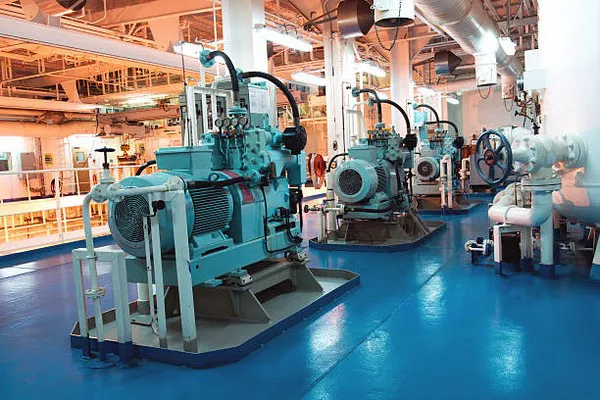Air compressors are indispensable tools in various industries, from manufacturing and construction to automotive and aerospace. They provide a convenient source of compressed air for powering pneumatic tools, operating machinery, and carrying out numerous other tasks. However, selecting the right capacity air compressor is crucial to ensure optimal performance and efficiency. In this article, we will delve into the factors that influence the choice of air compressor capacity and provide guidelines to help you make an informed decision.
Understanding Air Compressor Capacity:
The capacity of an air compressor refers to the volume of air it can deliver per unit of time, typically measured in cubic feet per minute (CFM). Determining the appropriate capacity involves assessing the specific requirements of your applications and considering various factors such as air consumption, duty cycle, and pressure requirements.
Assessing Air Consumption:
One of the primary considerations when determining air compressor capacity is the anticipated air consumption of the tools or equipment it will be powering. Each pneumatic tool has a specified CFM requirement, which can vary depending on factors such as operating pressure and usage patterns. It is essential to add up the CFM requirements of all connected devices to ensure that the compressor can meet the combined demand.
Calculating Duty Cycle:
The duty cycle of an air compressor refers to the percentage of time it can operate continuously within a given period without overheating or experiencing performance degradation. Duty cycle is typically expressed as a percentage, with higher percentages indicating a compressor’s ability to sustain continuous operation for longer durations. When selecting an air compressor, consider both the duty cycle and the anticipated duty cycle of your applications to ensure compatibility and prevent overheating or premature wear.
Understanding Pressure Requirements:
In addition to CFM, the pressure requirements of your applications play a crucial role in determining the appropriate compressor capacity. Air compressors are available in various configurations, including single-stage and two-stage models, each capable of delivering different levels of pressure. It is essential to choose a compressor that can provide the required pressure while maintaining sufficient CFM output to meet the demands of your tools or equipment.
Matching Capacity to Application:
Once you have assessed the air consumption, duty cycle, and pressure requirements of your applications, you can begin selecting an air compressor with the appropriate capacity. It is advisable to choose a compressor with a slightly higher CFM rating than the combined CFM requirements of your tools to accommodate potential fluctuations in demand and ensure adequate airflow under varying operating conditions.
Considerations for Specific Applications:
Different industries and applications may have unique requirements that influence the choice of air compressor capacity. For example, in automotive workshops, where pneumatic tools such as impact wrenches and spray guns are commonly used, a compressor with a moderate to high CFM rating may be necessary to support multiple simultaneous operations. Conversely, in smaller-scale applications such as home workshops or hobbyist projects, a compact compressor with lower CFM output may suffice for intermittent use.
Factors Influencing Capacity Selection:
Several factors can influence the selection of air compressor capacity, including budget constraints, space limitations, and portability requirements. While larger compressors with higher capacities offer greater versatility and performance, they may also come with higher upfront costs and require more significant storage space. Conversely, smaller compressors may be more budget-friendly and portable but may have limitations in terms of output and duty cycle.
Future Expansion and Flexibility:
When choosing an air compressor, it is essential to consider future expansion and flexibility requirements. Opting for a compressor with a slightly higher capacity than your current needs can provide room for growth and accommodate potential additions to your pneumatic tool arsenal. Additionally, modular compressor systems or units with adjustable settings allow for greater flexibility in adapting to changing requirements over time.
See Also Where Does Compressor Go In Pedal Chain
Conclusion:
Selecting the right capacity air compressor is essential for ensuring optimal performance, efficiency, and compatibility with your applications. By assessing factors such as air consumption, duty cycle, pressure requirements, and specific application needs, you can make an informed decision and choose a compressor that meets your requirements effectively. Whether you’re operating in a professional industrial setting or pursuing hobbyist projects at home, the proper selection of air compressor capacity is paramount to achieving satisfactory results and maximizing productivity.

